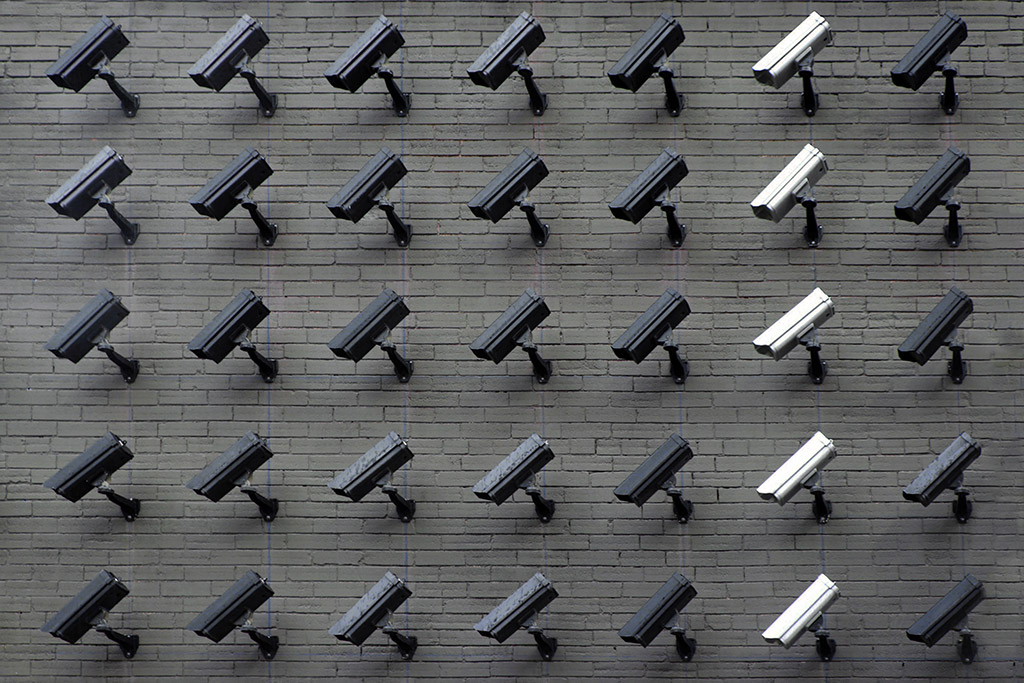
The decade that has just ended, the 2010s, was marked by the crisis that began in 2007-08, accompanied by the onset of the Fourth Industrial Revolution. The effects of both will extend well into the 2020s, now underway. It was the decade of profound digitalisation but also of disillusion with technological transformation, following the promises of the early years of the century. The capacity for communication has proliferated, but the Internet has not fulfilled liberalising expectations, but has rather favoured the totalitarianism of state control, as in China, and corporate control (and the control of information by governments) in what Shoshana Zuboff has referred to as ‘surveillance capitalism’, and the empowerment of radicals, as the present writer predicted in 2007.
An unusually acute generational conflict has also emerged, certainly in what was once referred to as the West, deriving from the way in which attempts were made to overcome the economic crisis, involving a drastic reduction in expectations. This generational conflict, above all in an ageing Europe where the baby boomers approaching retirement outweigh the millennials and those following in their wake, is going to leave its mark on the 2020s; as will the conflict stemming from growing and increasingly pernicious inequality, with the downshifting afflicting many in the middle classes. This has triggered many of the ‘glocal’ protests (consummately analogical, while relying on digital means for their coordination/imitation), another reflection of the malaise besetting democracies. Will corporations change the emphasis on profit-maximisation they adopted in the 1980s? This will be one of the issues of the 2020s. Are we in a pre-revolutionary moment?
Many of the aforementioned elements laid the foundations for Trump’s victory in 2016, both an effect and a cause of change in the world, and for the consolidation of authoritarian regimes headed by strong-men, ranging from Russia to Turkey, and even China, which under Xi Jinping has bolstered its totalitarianism. The same applies to Brexit, which remains a major failure for Europe, although the EU now has the potential to flourish if obliged to respond to this global change.
A symbolic change of decade does not entail a break with the past, but rather that these trends and the conflicts they involve are going to continue. In the near term, the most important thing in 2020 is the electoral outlook in the US in November. Four more years of a radical and changeable Trump –something that can by no means be ruled out– will mean the permanent break-up of the world order of the past 75 years, and of a certain conception of the West, a West that is shrinking in all respects, in a world where the centre of gravity is shifting towards the East. For the first time since the 19th century, the Asian economies will outweigh the rest of the world in 2020. Nor should we suppose that a Democrat victory in the US would mean a return to the status quo ante. Too many things have changed, including the US focus on relations, mainly involving power, technology and values, with China –something that is going to definitely shape this decade– and the reappearance of the spectre of nuclear weapons, owing to which 2019 could represent a point of no return. There is no turning back, but rather a new future, still uncertain, a future that Spain too must actively help build.
Europe is losing the technology race, especially in the field of artificial intelligence, to the US and China. It talks of geopolitics, of strategic autonomy and digital sovereignty, but we will have to wait and see if the new team in Brussels and its governments really stump up the resources these require. What does seem to be changing is the austerity policy that characterised the past decade. The first major European economy to ditch austerity, outside the EU if Brexit comes to fruition on 31 January, will be the UK’s under the stewardship of Boris Johnson.
The 2010s will also go down as the decade of awareness-raising –with Greta Thunberg in the role of symbol and activist– amid the man-made causes of climate change, with the Paris Agreement of 2015, and the growing steps –halting and insufficient, but making progress in societies– that are being taken in this regard. But this is a cure for an illness that we have caused, not a project freighted with enthusiasm for a generally better life, and involves a struggle that will have social costs to pay.
Life continues to get longer. Life expectancy in the world grew in the last decade by more than two years to exceed 72.6 years, according to data from the World Bank and the UN. And absolute poverty (an income of less than US$1.50 a day) fell from 18% to 8% of the global population. The first of the Sustainable Development Goals was supposed to be attained by 2030, and we are running late on this as on the others. We are being too slow to tackle the problems that are building up and, despite occasional progress, many of the world’s citizens continue to be afflicted by disillusion, if not downright frustration.


